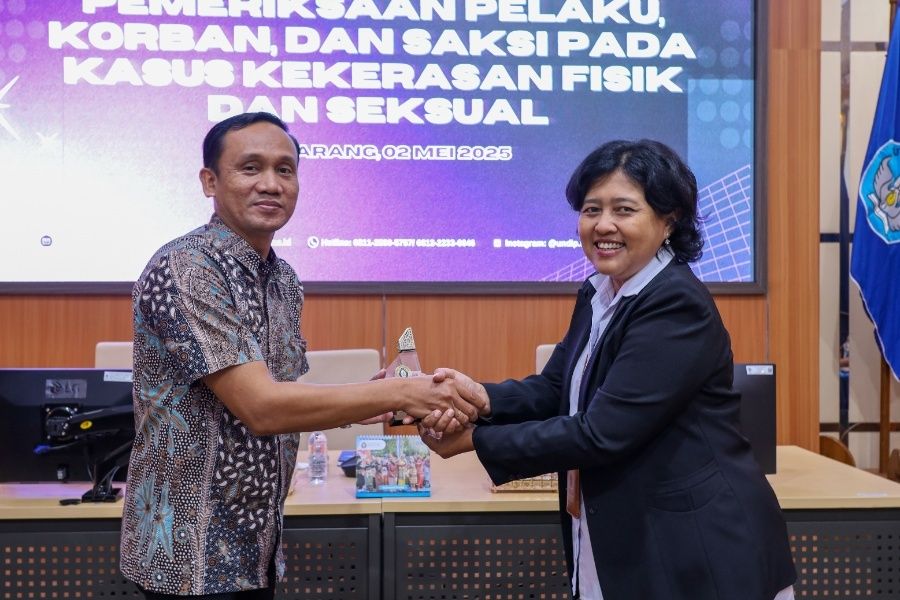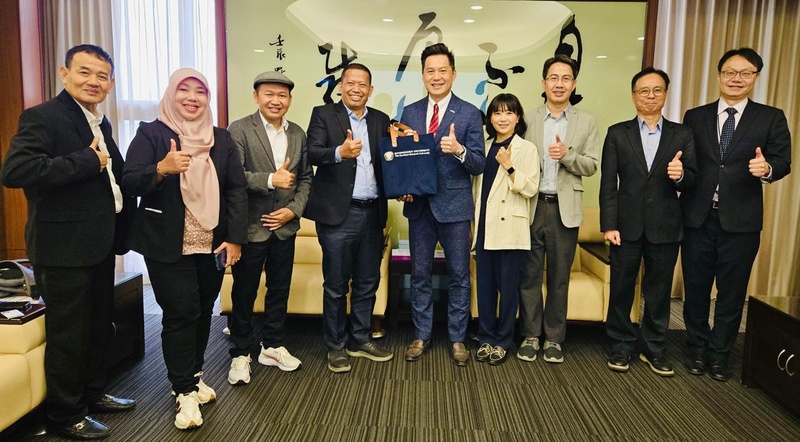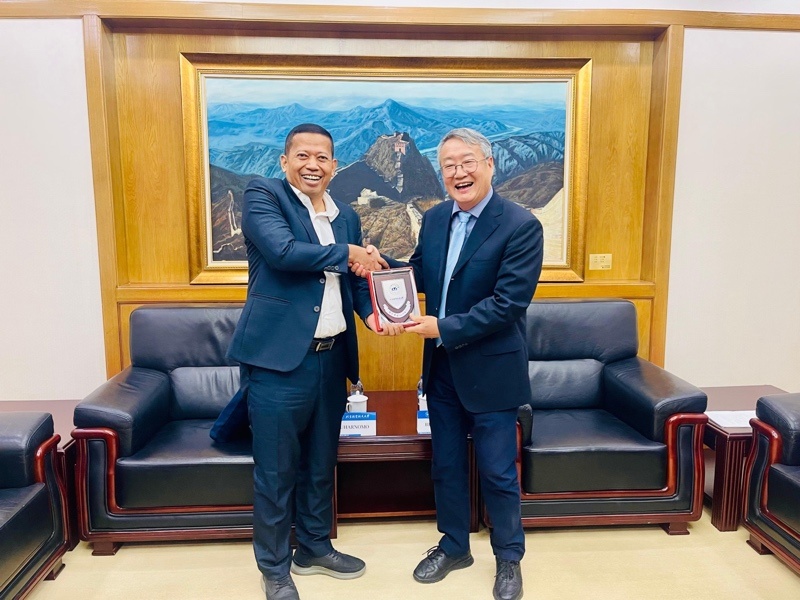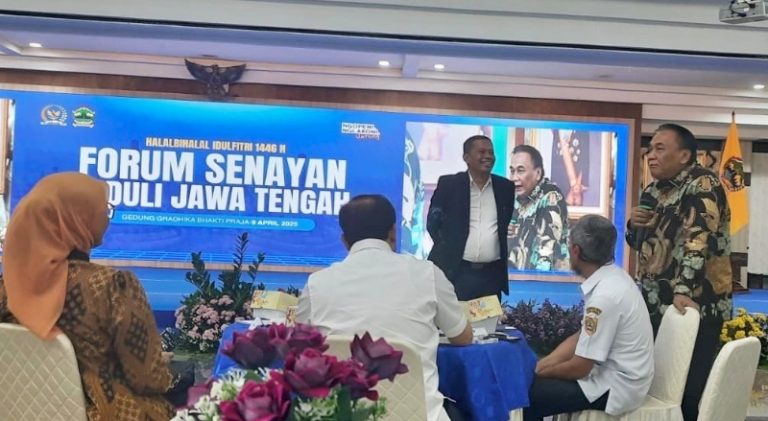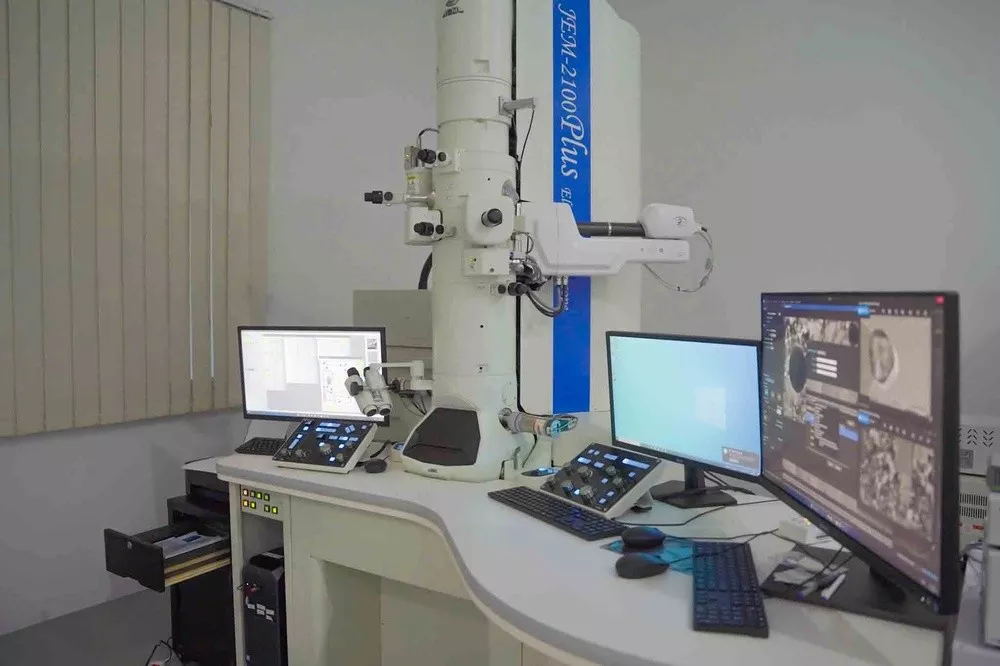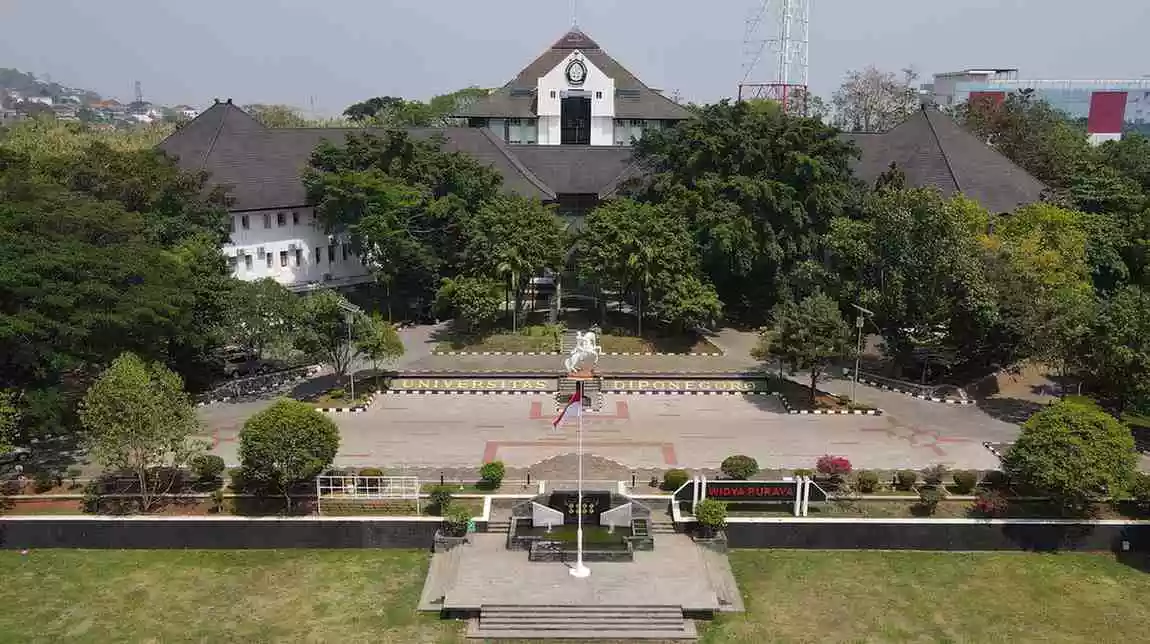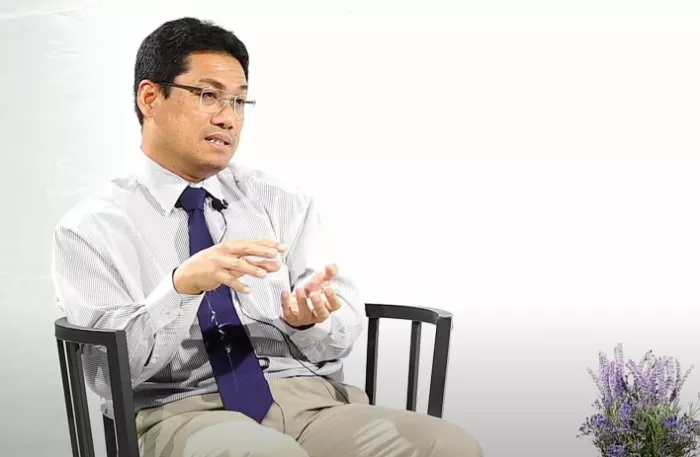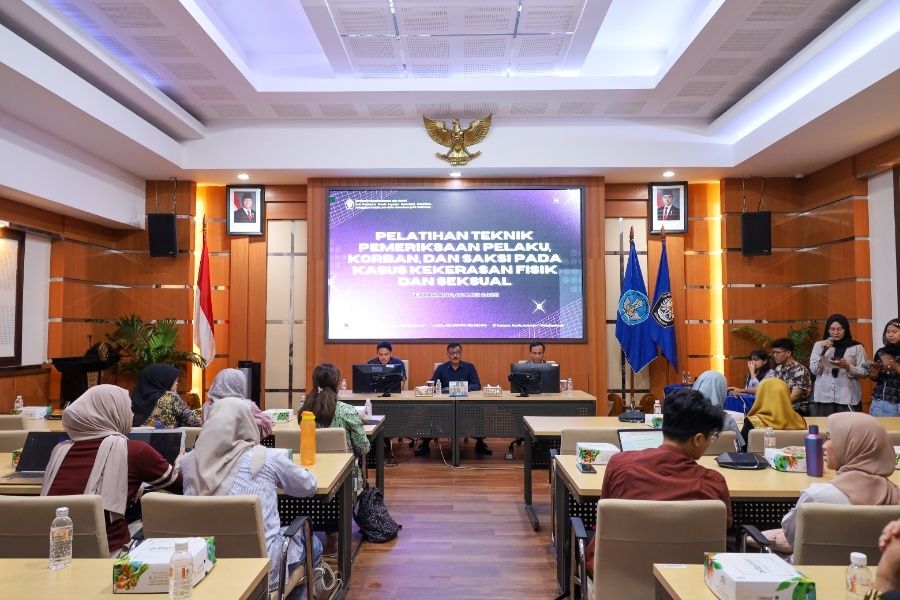UNDIP, Semarang (May 4, 2025) – Universitas Diponegoro (UNDIP) continues to demonstrate its commitment to creating a safe and violence-free campus environment, especially in addressing physical and sexual violence. This initiative is part of UNDIP’s broader effort to build a safe learning space.
In collaboration with the Directorate of Student Affairs and Alumni and the Technical Implementation Unit for Consultation Services, Disability Services, and Enforcement of Student Discipline and Ethics (UPT LKDPDEM), UNDIP held a technical training session on examining perpetrators, victims, and witnesses in cases of physical and sexual violence. The training was held on Friday (May 2, 2025) at the Rector’s Meeting Room, 2nd Floor, Widya Puraya Building, UNDIP Tembalang Campus.
The training carried the theme “Examination of Perpetrators, Victims, and Witnesses of Physical and Sexual Violence” with a professional and just approach. Two speakers from the Ditreskrimum Polda Jawa Tengah were invited: Iptu Budi from the Women and Children Protection Unit (Perlindungan Perempuan dan Anak / PPA) and AKP Nindya Putra W., S.Si., from Subdirectorate IV/Youth, Children, and Women (Renakta).
This activity marks a concrete step by UNDIP in strengthening a professional and accountable mechanism for preventing and handling violence. It aimed to enhance the skills of the Task Force for the Prevention and Handling of Violence in Higher Education (PPKPT Task Force) in conducting fair and professional examinations of reporters, witnesses, and alleged perpetrators—particularly in cases involving UNDIP’s academic community.
In his remarks, Dr. Nuswantoro Dwiwarno, S.H., M.H., Deputy Director of Student Development, Achievement, and Business, speaking on behalf of the Vice Rector for Academic and Student Affairs, emphasized the importance of strengthening governance to protect campus members from violence through increased task force capacity. “Technical training like this is essential so we all understand the right procedures, ethics, and approaches,” he said.
He added that “Several considerations align with Faculty Student Counseling Bodies (Badan Konseling Mahasiswa Fakultas / BKMF) and refer to Ministerial Regulation No. 55 of 2024, which states that most reports are first submitted at the faculty level. Handling violence cases requires more than empathy; adequate technical skills and proper examination capacity within the university must support it.”
The PPKPT UNDIP Task Force is expected to be reliable and well-trained in handling cases comprehensively. “The task force must not only be responsive in receiving reports but also competent in handling them objectively, fairly, and based on evidence—ensuring that neither victims nor the accused feel wronged during the process,” he said.
In a session titled “Examination Techniques for Victims, Witnesses, and Perpetrators,” Iptu Budi highlighted the importance of a humane, professional, and effective interview process to uncover legal facts. He stressed that successful interviews begin with both mental and technical preparation, including understanding the interviewee’s character and crafting high-quality questions.
The discussion covered types of violence, including physical, psychological, and sexual abuse, with emphasis on crimes such as domestic violence, human trafficking, sexual harassment, and child exploitation. Case handling refers to various regulations, including the Criminal Code and the 2022 Sexual Violence Law.
According to Iptu Budi, a psychological approach is essential when examining victims. “In sexual violence cases especially, a trauma-informed approach must be used. This fact means the examiner’s role is not just to collect information but to ensure the victim feels safe and heard,” he explained.
He also emphasized the importance of inter-agency coordination in handling cases of violence and encouraged prevention efforts through education, proactive reporting, and victim support.
Meanwhile, AKP Nindya Putra W. discussed investigative interview techniques for witnesses and perpetrators. “The key to resolving a case lies in the ability to extract in-depth testimony within legal boundaries. Examiners should ask open-ended, non-leading questions and remain sensitive to emotional responses,” he said.
The session concluded with a Q&A, case discussions, simulated role-play examinations, and a call to actively form prevention teams actively, reinforcing four pillars: Coordination, Commitment, Collaboration, and Communication.
Through this training, UNDIP aims to empower its PPKPT Task Force to carry out its duties with professionalism, integrity, and a focus on protecting students’ rights, thereby fostering a campus environment that is safe and free from violence. (DHW)
